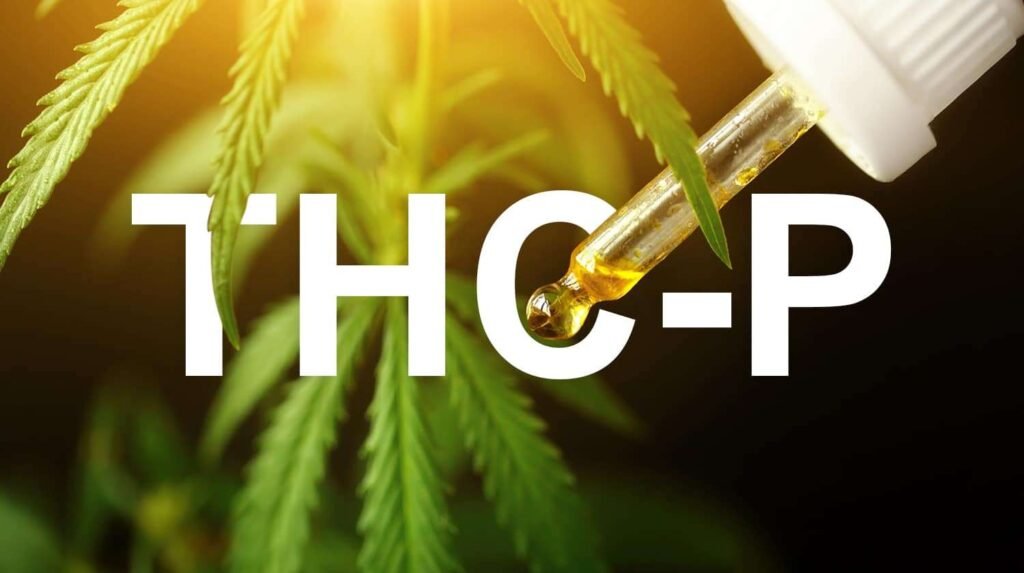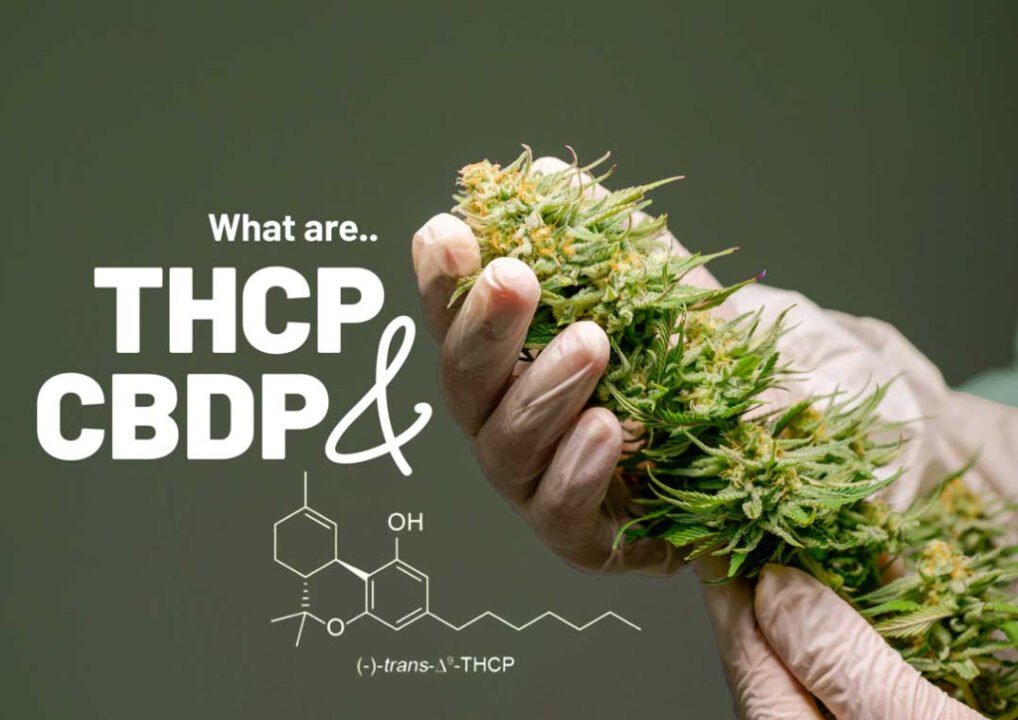
Immerse yourself in the captivating realm of THCP, also known as Tetrahydrocannabiphorol, a fairly new-found cannabinoid that is reshaping the cannabis sector. As a leading expert in cannabinoid research, I invite you to delve deeper into the fascinating world of cannabis and its derivatives, where THCP emerges as a game-changer, dismantling misconceptions and uncovering novel therapeutic avenues.
i. Demystifying THCP
1.1 THCP Defined
THCP is a novel cannabinoid, a compound originating from the Cannabis Sativa plant. Although its counterparts, THC and CBD, have undergone substantial investigation, THCP remains somewhat enigmatic. However, initial discoveries, such as those published in the Scientific Reports, are nothing short of thrilling.
1.2 Contrasting THCP and THC: A Matter of Structure
THCP mirrors THC, but a significant distinction lies in the alkyl side chain’s length. In THC, this chain comprises five atoms, while in THCP, it encompasses seven. This structural difference may substantially influence how THCP interacts with our physiological systems.
ii. The Power of THCP
2.1 Exploring THCP’s Potential Impact
Initial studies hint that THCP’s effects may surpass those of THC. The elongated side chain might enable THCP to bind more effectively with our body’s cannabinoid receptors, potentially triggering more potent outcomes.
2.2 THCP’s Role in the Entourage Effect
THCP could play a vital part in the entourage effect, the enhanced overall therapeutic influence of cannabis due to the synergistic interaction of diverse cannabinoids and terpenes. Nonetheless, additional research is warranted to substantiate this claim.

iii. The Healing Potential of THCP
3.1 THCP: The Emerging Therapeutic Prodigy?
Preliminary investigations suggest THCP’s potential advantages in domains like analgesia and anti-inflammation. Yet, it’s crucial to remember that these are initial observations, and extensive research is needed to comprehend THCP’s therapeutic capabilities fully.
3.2 Prospects of THCP Research
The prospect of THCP research appears bright, with researchers eager to delve deeper into this intriguing compound. We can expect an influx of studies concentrating on THCP’s potential therapeutic advantages, safety profile, and interactions with other cannabinoids.
iv. THCP in the Commercial World
4.1 Availability of THCP-Based Products
THCP-based products are available commercially. However, as THCP is a relatively recent discovery, the market for THCP products is still burgeoning.
4.2 Legal Status of THCP
While THCP is not explicitly enlisted in most controlled substances acts, its similarity to THC might put it in a grey area legally. Yet, THCP is federally and state-wise legal in most of the United States, owing to the 2018 Farm Bill. This regulation categorizes the naturally-occurring cannabinoid as hemp, thereby permitting its manufacture, distribution, and sale to legal consumers.

V. THCP: FAQs
This section answers common questions about THCP, its effects, and its legal status. It also discusses the discovery of THCP and its potential use for medical purposes. All answers reflect the current state of research and understanding of THCP. The field of cannabinoid research is swiftly advancing, and our comprehension of THCP and its effects may evolve in the future.
5.1 What is THCP?
Tetrahydrocannabiphorol (THCP) is a potent cannabinoid noted for its anti-anxiety, appetite-stimulating, and stress-alleviating properties. It was discovered in 2019 by a team of Italian researchers and is currently regarded as one of the most powerful compounds in the cannabis market.
5.2 How is THCP different from THC?
The primary difference between THCP and THC lies in their molecular structure. THCP, with its additional two carbons, is significantly more powerful than THC. This amplified potency results in a more intense psychoactive response.
5.3 What are the effects of THCP?
The impact of THCP can vary based on the individual, but some common experiences include heightened stimulation, alterations in visual and auditory perception, and an overall intense encounter. It’s also reported to offer potential benefits such as pain alleviation, improved sleep, and reduced anxiety.
5.4 Is THCP legal?
Yes, THCP is legal in most parts of the United States, thanks to the 2018 Farm Bill, which classifies naturally-occurring cannabinoids as hemp. This allows for the production, distribution, and sale of THCP to legal consumers.
5.5 How was THCP discovered?
THCP was discovered unintentionally in 2019 by a group of Italian researchers who were examining cannabis samples using sophisticated technology like mass spectrometry and liquid chromatography. They were astounded to find this potent compound, which bears similarities to synthetic cannabinoids yet occurs naturally.
5.6 Can THCP be used for medical purposes?
While extensive research is required to fully understand the potential medical benefits of THCP, initial reports suggest that it may provide pain relief, improved sleep, and reduced anxiety. As with any cannabis product, it’s vital to consult with a healthcare provider to understand the potential benefits and risks.
Remember, these answers reflect the current state of research and understanding of THCP. The field of cannabinoid research is swiftly advancing, and our comprehension of THCP and its effects may evolve in the future.

